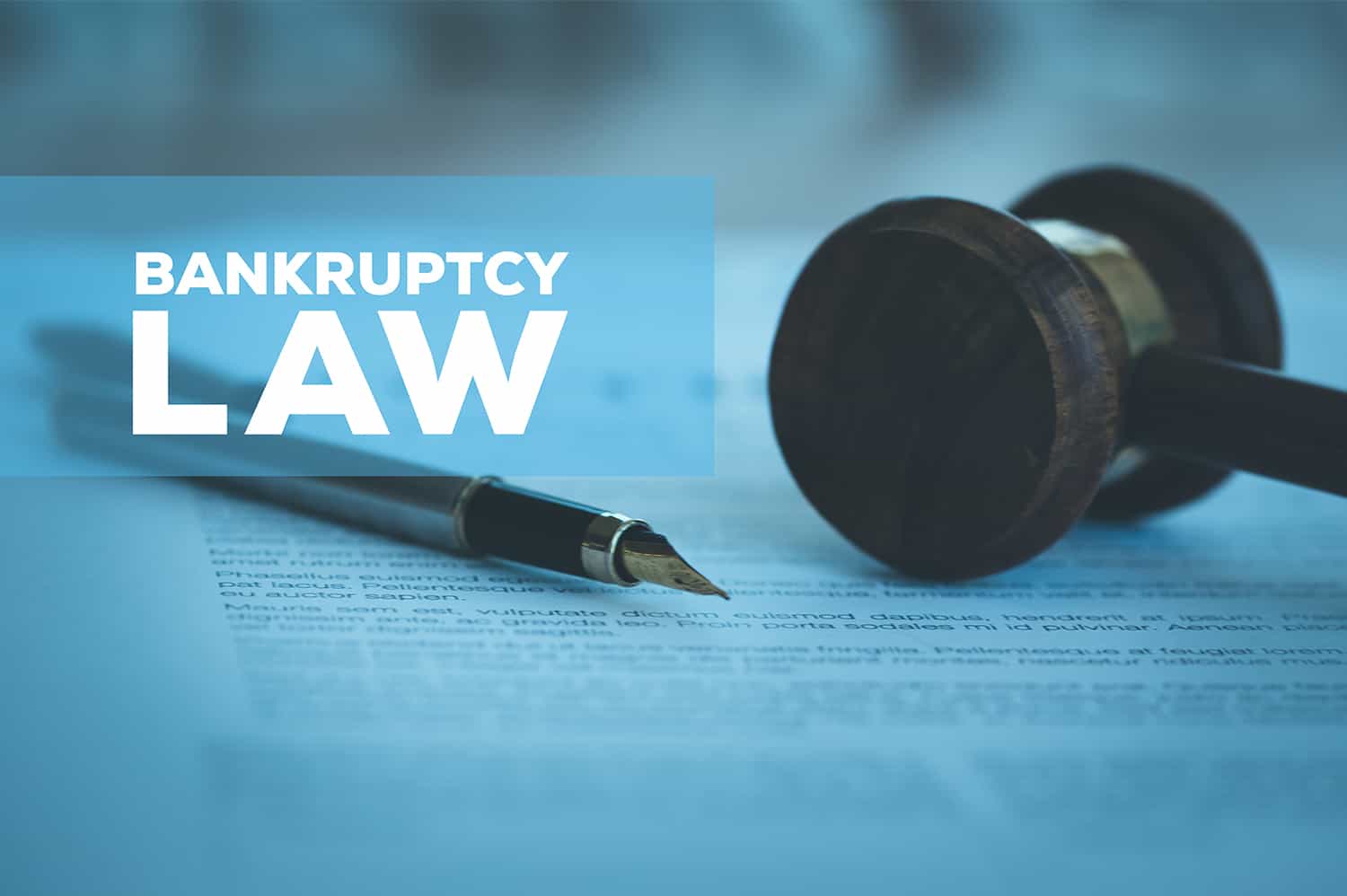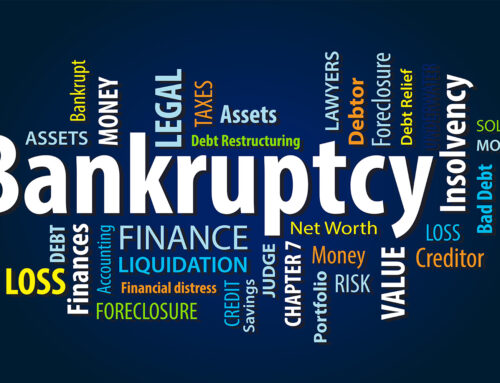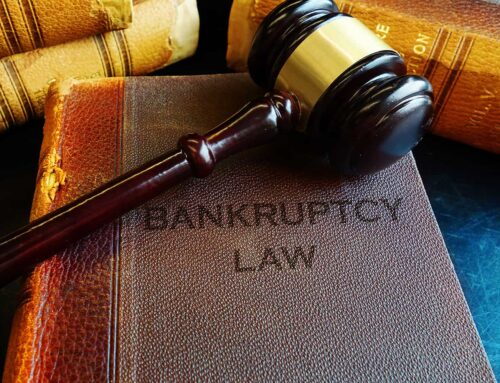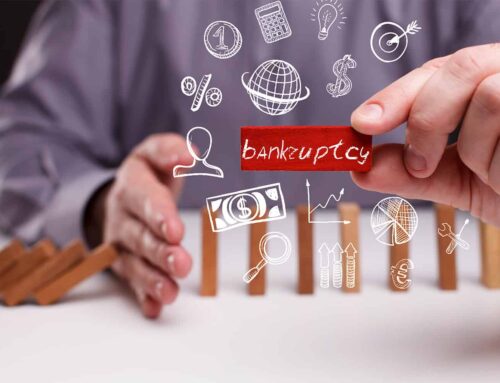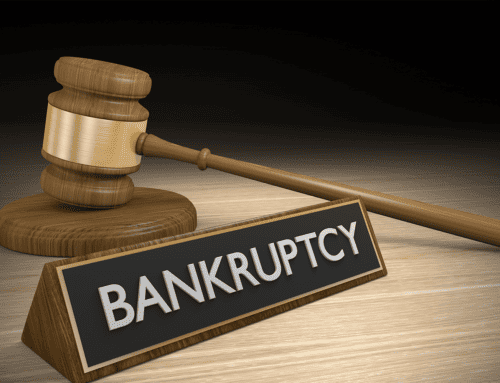If you are exploring bankruptcy as a possible solution to your financial woes, it may surprise you that this legal remedy has a considerable price tag attached. While it may seem contradictory for the government to charge people filing fees when they are already struggling with money problems, the amount does provide a small contribution toward operating the court system.
What Costs Are Associated With the Bankruptcy Process?
When it comes to the dollars and cents you need to put out when filing a bankruptcy petition, consider these main types of expenses:
- Mandatory charges for required counseling, course prices and bankruptcy filing fees
- Optional attorney fees paid directly to any bankruptcy lawyer you retain
- Future economic consequences you should know about when choosing bankruptcy
Mandatory Expenses
The compulsory costs you face include a fee for the credit-counseling course you must complete before filing, the appropriate fee required when you file the bankruptcy petition in court, and the cost of the debtor education course you must finish before the judge discharges your debts.
Credit Counseling
The requirement to complete an approved credit-counseling course during the six months before you file gives you the opportunity to go over your individual financial situation with a professional and review all possible options. These might include negotiating with your creditors for lower monthly payments or going through your expenditures to find items to reduce or cut.
Many of the agencies on the approved list offer online course options. Although some courses may cost less, no provider can charge over $50.
Debtor Education Course
This course sets you up for success once the bankruptcy process is complete. In fact, the court will not make a final discharge of your eligible debts until you have gone through this financial skills experience. You will learn many strategies to keep on a wise spending and bill-paying path in the future.
You must choose from a U.S. Department of Justice list of approved vendors for this course also. Costs typically range from $15 to $50 with no course priced above $50.
Bankruptcy Filing Fee
The total fee required at the time of filing your petition with the court depends on whether you file bankruptcy under Chapter 7 or Chapter 13. The more common Chapter 7 process converts your assets to cash and uses the money to pay your non-exempt debts. The court discharges any remaining debt at the end of the bankruptcy process. Chapter 13 bankruptcy reorganizes your non-exempt debt into a repayment plan that extends for three to five years.
The amount you must pay when you file either chapter consists of a filing fee, an administrative fee, and in the case of Chapter 7, a $15 trustee surcharge. The total fee when you file Chapter 7 is $338, while the total fee for a Chapter 13 filing is $313.
Optional Attorney Fees
You may choose to file for bankruptcy yourself without using an attorney. It is important to understand, however, that bankruptcy is a serious undertaking that requires knowledge, competent decision-making, and careful completion of all the required steps and forms.
An experienced bankruptcy lawyer can help you make competent decisions that can have long-lasting consequences:
- Decide whether bankruptcy is the best option in your case
- Determine whether Chapter 7 or Chapter 13 meets your needs and qualifications
- Decide whether California’s 703 or 704 bankruptcy exemption schedule is most advantageous for you
The cost of hiring a bankruptcy attorney depends on a number of factors. In general, attorneys charge less for handling a Chapter 7 bankruptcy than a Chapter 13 case. Fees can also vary with your location in the state, the number of assets and other complexities involved, and the level of bankruptcy experience the attorney possesses.
Future Economic Consequences
Even after the bankruptcy process is complete and all eligible debts discharged, this clean slate can still result in additional costs. Since your bankruptcy filing stays on your credit report for up to 10 years, it can make it difficult to get a new loan. Even if you can secure one, you will almost certainly pay higher rates due to your previous bankruptcy.
Is Help Available With These Costs?
Many people wonder whether it is possible to obtain assistance with any of the expenses involved with bankruptcy. You can request an installment plan or ask for a waiver of the court filing fees by completing a waiver application form. Your income generally needs to fall below 150% of the California poverty guidelines, however, to qualify for a waiver.
If you have problems paying the cost for credit counseling or the required debtor education course, speak directly to the agencies providing these services.
Take the First Step on a New Financial Path
Receive a free evaluation of your financial options from the Law Offices of Brent D. George today. Our experienced staff can assess your circumstances and help you make the best decisions to get your life back on track. Contact us now to schedule your consultation.

